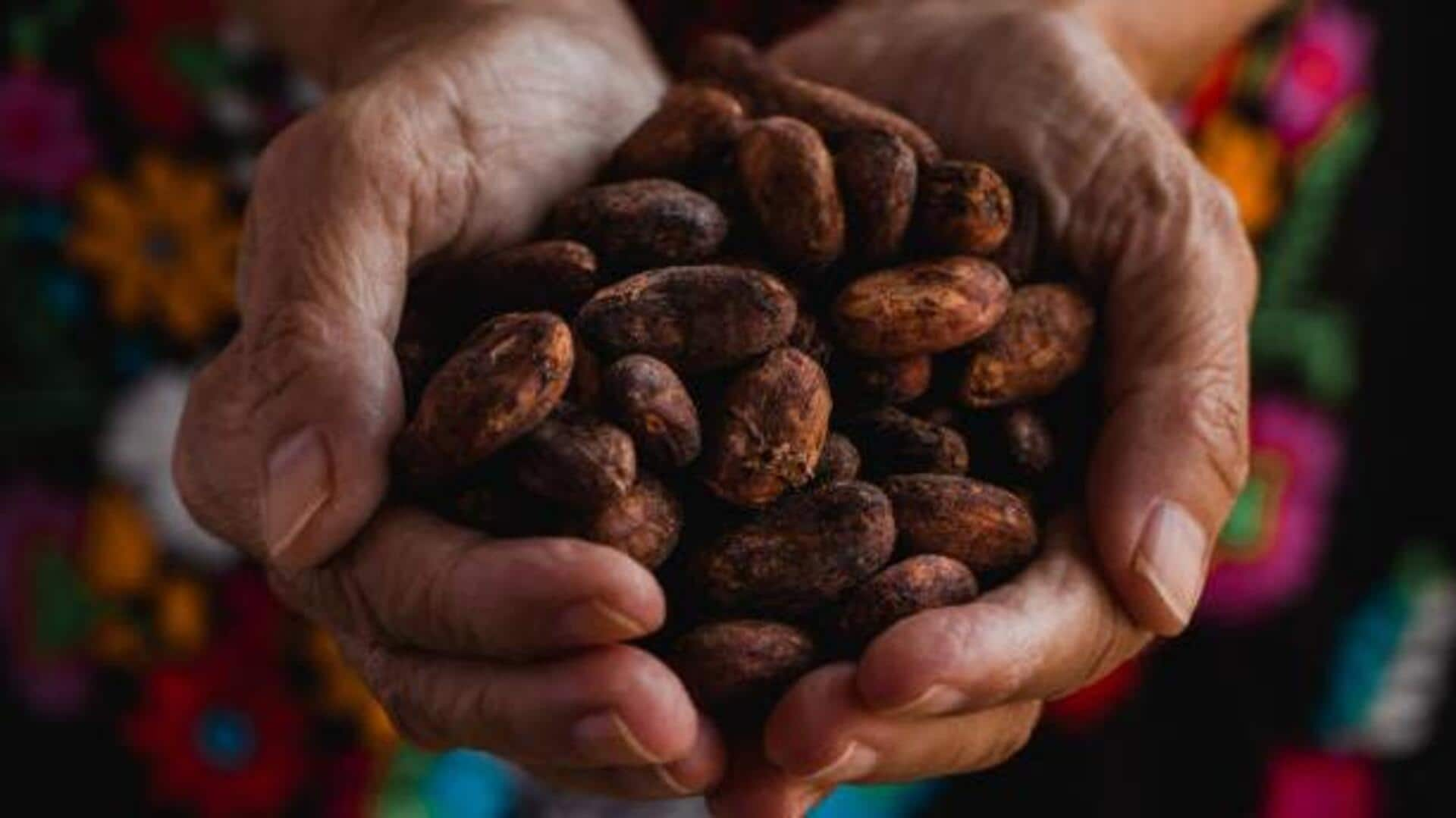
Evolution of cacao: Cultural, economic, and health insights
What's the story
African cacao has been an integral part of the continent's culture and economy for centuries. From being a sacred item in ancient rituals to a lucrative cash crop today, cacao's journey is fascinating. It has shaped communities and economies across Africa. This article delves into the cultural, economic, and health impacts of cacao on African societies.
#1
Cacao's cultural significance in Africa
In many African cultures, cacao is more than just a crop. It is a symbol of wealth and social status. In some communities, cacao beans were used as currency or gifts during important ceremonies. The ritualistic use of cacao has been passed down generations, making it an integral part of cultural identity and heritage.
#2
Economic impact on local communities
Cacao farming is a major source of livelihood for millions of farmers across Africa. The crop provides employment opportunities and contributes to local economies. However, fluctuating market prices can affect farmers' income stability. Efforts are being made to promote fair trade practices to ensure that producers receive equitable compensation for their labor.
#3
Health benefits associated with cacao consumption
Cacao is rich in antioxidants and essential minerals like magnesium and iron, which promote health. In moderation, it can improve heart health by lowering blood pressure and improving blood flow. The flavonoids present in cacao are also good for cognitive function, making it a healthy addition to the diet.
#4
Challenges faced by cacao farmers today
Despite its importance, the African cacao industry faces several challenges, including climate change, which affects crop yields, and pests that threaten production. Farmers also struggle with access to resources such as quality seeds and sustainable farming techniques. Addressing these issues is crucial for the future viability of the industry.